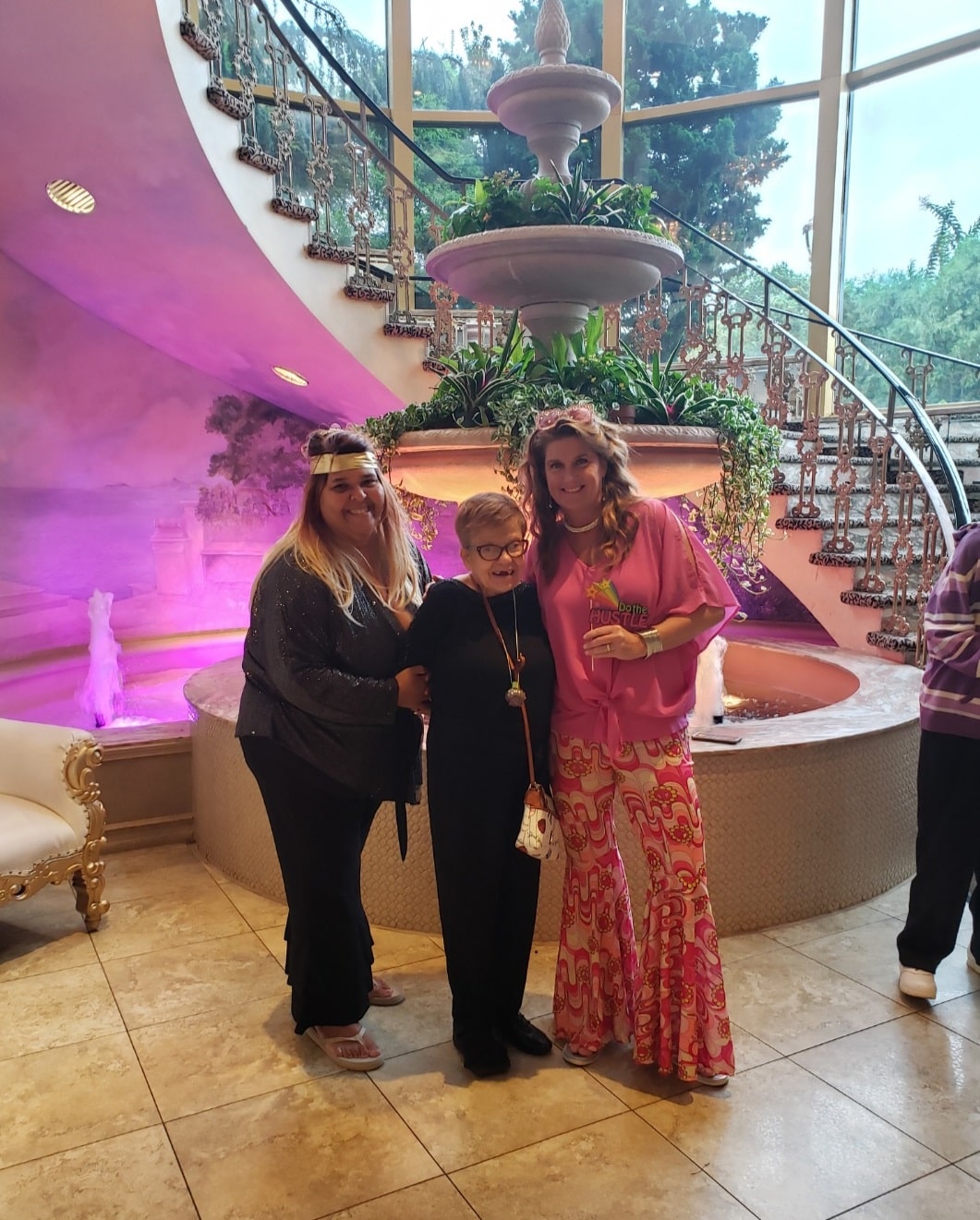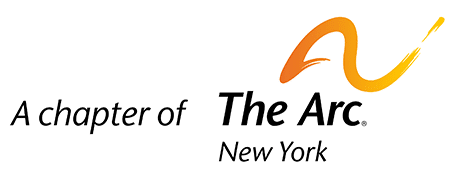“Guardianship is having someone in your corner that pushes the envelope for you to get things done,” Eileen Rooney, Guardianship Coordinator, AHRC Nassau, said.
Usually, a person’s parents and/or family are listed as part of their guardianship team. However, the Guardianship Department can also be listed as the primary, secondary, or stand-by guardian on someone’s Life Plan. The guardianship team steps in when there are no family members available to support this role or a family member is not able to be the primary guardian and would prefer to take a backseat on guardianship decisions.

“It’s really person-centered and based off what they want,” Stephanie Hodelin, Guardianship Coordinator, AHRC Nassau said. “Yes, we sign consent forms and work with the guardianship department, but we also do the fun stuff.”
The team tries to push the limits with what they can accomplish for those under their guardianship, which over the years has resulted in them receiving some meaningful requests.
- After one man’s primary guardianship transitioned to an agency, he was moved to a new group home over 30 minutes away from his hometown. He asked Eileen to help him with maintaining a connection with his old town and friends. He has been a lifelong member of his church and was a regular at the local coffee shop and library. He now has his residential staff take him at least once a week to his old stomping grounds. Continued on AHRC’s blog.
- Another woman advocated that she really wants her own place. She requested more privacy in her group home and asked if they could build her a tiny home in the backyard. She has a long-term job and quite a bit of savings since she developed strong money-budgeting skills over the years. She has enough money to get the project started this upcoming fall. The guardianship team is currently looking into developing a space for her to call her own.
- A woman is currently on a quest to find a boyfriend and hopes that maybe they will live together one day. Guardianship and residential staff are helping her to set goals that could lead to having a relationship one day, like how to make friends and build relationships, how to ask someone out, how to know when someone likes you back, and how to get ready for a date.
Over the years, Eileen and Stephanie also have assisted people under guardianship to plan community outings as regular as going to the movies, hair salon, and nail salon, and as grand as going on vacations and cruises and to casinos and concerts.
Guardianship coordinators not only attend each person’s bi-annual Life Plan meetings but visit them at their homes and day service sites. This is to ensure that their needs and wants are properly supported and advocated for. During Life Plan meetings, the Guardianship team will work with a person to figure out what they want in their life, then take the steps to coordinate services and activities and advocate for their rights.
“We take their lead, or take their cues if they’re nonverbal, then take it one step further,” Eileen said.
“Where group home staff are part of their day-to-day life, we get things moving in terms of day programs and community outings.”
Why Do Some of the People We Support Add Guardianship to Their Support Team?
The choice to include the guardianship team on a person’s support team can happen for a variety of reasons. Some people outlive all of their relatives, have aging family members, or family members who have to prioritize their own health; some do not have siblings or extended relatives who are able to support this role; and some have family that live far away and need assistance with making decisions.

